Dhaka, May 13 (V7N) — In a dramatic and secretive policy move, the interim government of Bangladesh has officially dissolved the National Board of Revenue (NBR), the country's principal tax authority. The decision, reportedly taken and implemented in the middle of the night, marks one of the most sweeping institutional restructurings in recent administrative history.
Without any prior public announcement or parliamentary debate, the NBR has been replaced by two newly created bodies: the Revenue Policy Division and the Revenue Management Division. The move was formalized through the issuance of the “Revenue Policy and Revenue Management Ordinance,” a controversial directive that bypassed the recommendations and objections raised by senior officials from both the BCS Income Tax and Customs cadres.
According to multiple administrative sources, the ordinance was drafted and enforced under strict confidentiality, catching even top-level bureaucrats off guard. The abrupt restructuring has sparked concern among civil servants and experts alike, particularly regarding transparency, institutional continuity, and governance.
“This was done without adequate stakeholder consultation. It’s a drastic departure from established fiscal administration,” said a senior official on condition of anonymity.
The National Board of Revenue, long considered the backbone of Bangladesh’s fiscal machinery, was responsible for collecting over 80% of the government’s total tax revenue. Its abrupt dissolution raises questions about how ongoing tax operations, policy enforcement, and inter-agency coordination will now be managed under the bifurcated system.
Legal and economic analysts warn that this move could have significant implications for tax policy stability and investor confidence, especially amid ongoing economic challenges and fiscal pressures.
The interim government has not held a press briefing on the issue as of Monday evening, nor has it published detailed mandates for the two new divisions. However, insiders suggest the reorganization aims to "decentralize control, increase efficiency, and depoliticize revenue administration" — though critics argue that the lack of transparency undermines those very goals.
The sudden enactment of the ordinance — without consulting parliament or disclosing a roadmap — has also reignited concerns about the use of executive powers by the interim authority.
As of now, the civil service community awaits further instructions and a possible clarification from the Cabinet Division, while legal experts examine whether the move complies with the Constitution and existing public administration laws.
END/SMA/RH/




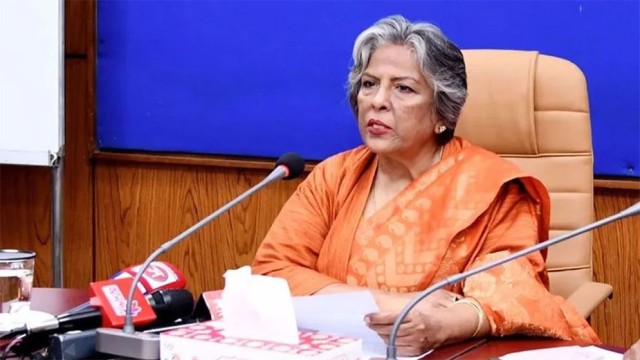
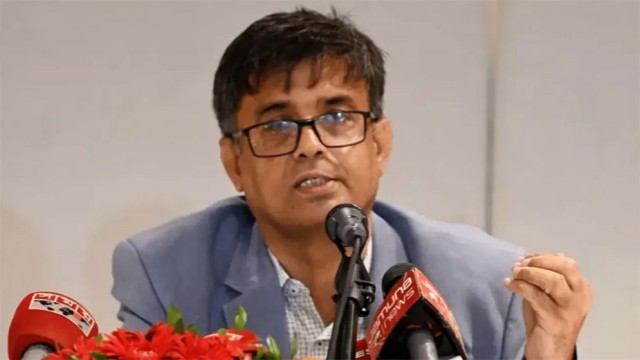
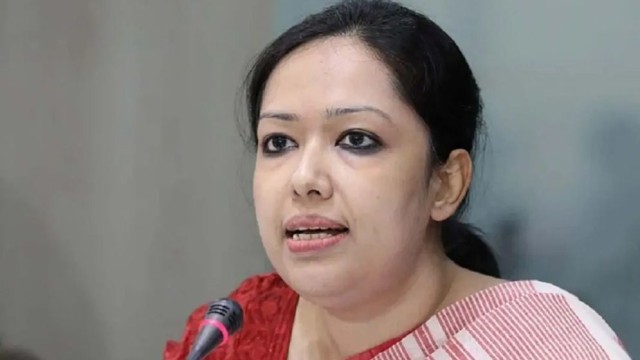

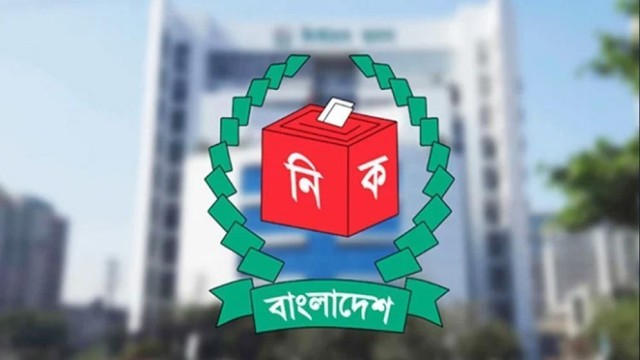
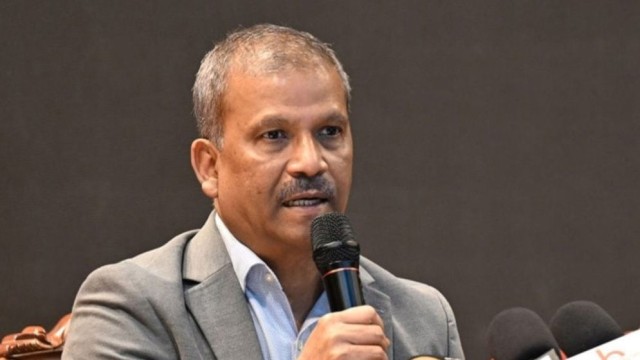
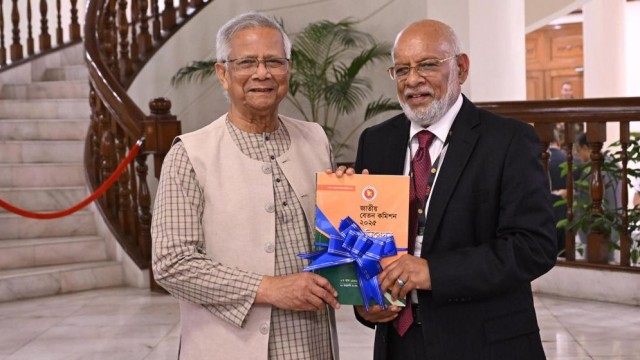

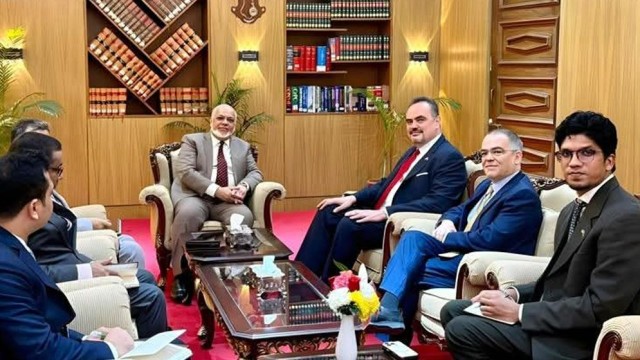















Comment: